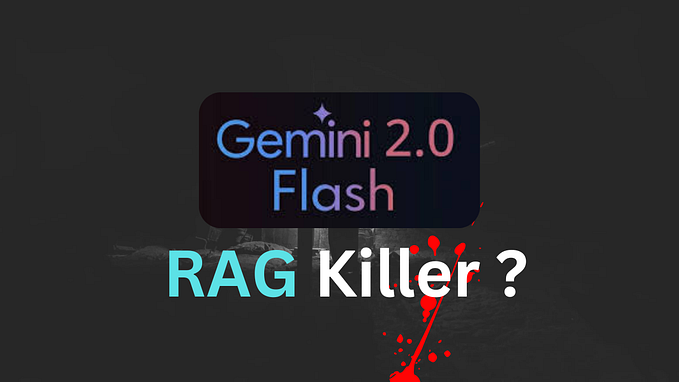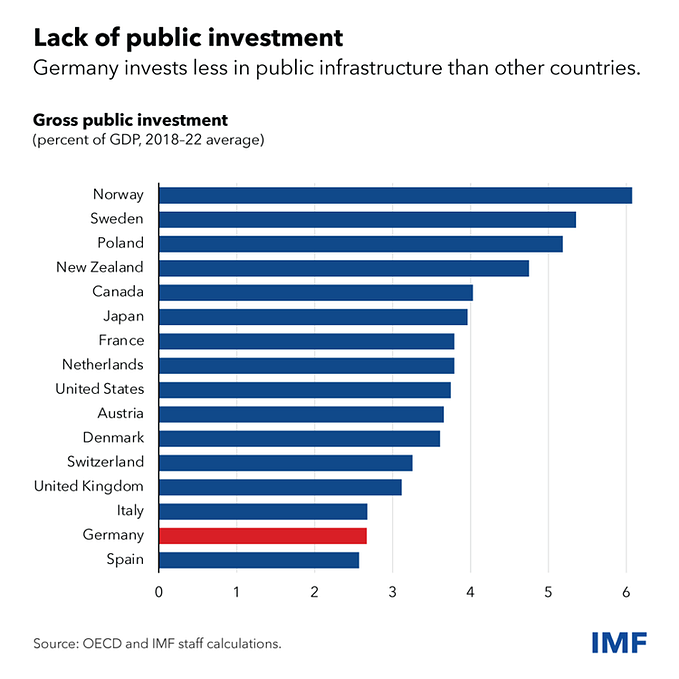Using strengths-based frameworks to guide ‘Generation COVID’
By Gabriel Velez, Erin Hoekstra, Sam Nemanich, and Jody Jessup-Anger
Young people in the United States face a generational mental health crisis.
This reality is clear to those who live and work with youth, as rates of depression and anxiety have grown along with emergency visits for suicidal and other extreme crises. The roots of these challenges are deep: social media, social discourses, and other dynamics from before the COVID-19 pandemic have coalesced with the isolation, disruption, uncertainty, and social and political stress since early 2020.
Administrators, educators, and support staff in higher education confront these challenges and their reverberations every day on campuses in classrooms, in interactions, and work with students. Not all students are struggling, but all arrive at college carrying pandemic experiences and challenges. As we seem to be collectively moving past pandemic protocols and restrictions, it’s important for administrators, educators, and support staff to remain sensitive to the ways our students have been forever changed — for better and for worse — by the pandemic.
Founded on the ideal of cura personalis, or formation of the whole person, Jesuit institutions are uniquely situated to consider and respond to the ways students carry pandemic experiences with them to college. In addition to offering conventional support for students, including therapeutic resources and response training for faculty and staff, Jesuit educators may also engage questions of purpose and meaning. We are living in a moment when such engagement is salient for many young people.
Our Research
As educators and academics at a Jesuit institution and drawing on our own experiences during the evolution of the COVID-19 pandemic, we felt called to engage in more deeply understanding what this generation is going through. Our goal was to use research to help build the support they need on college campuses. Together, we bring a diverse array of research interests related to children, youth, and the COVID-19 pandemic, as well as disciplinary and personal lenses.
Our primary work has focused on moving beyond statistical outcomes or anecdotal trends. We focus on understanding the underlying processes about how young people are thinking, feeling, and navigating the complexities of the last few years, as well as what they are learning about themselves and their futures. In the fall of 2021, we conducted a survey with first-year students about their experiences with COVID and schooling during the pandemic, their physical and mental health and well-being, and their expectations and hopes for their first-year of college. We interviewed 36 first-year students on these same topics and then followed up with 19 of these students in early 2022 during the Omicron surge. This research continues into this academic year with interviews and surveys with a new first-year cohort who also experienced the disruptions to their schooling and social lives during high school. We are also expanding this research through partnerships with a local Jesuit high school and Jesuit institutions of higher education across the country.
Across our different studies, young people describe how they grew and learned from the depth of despair during the first few months of the pandemic as they struggled with social isolation, lack of structure, and anxiety about health, politics, family, and academics. Our research has illuminated unique opportunities to support young people in coping, building resilience, and recognizing personal growth and formation out of these challenging experiences.
Their words powerfully convey these developmental takeaways as time and the pandemic stretch on. For example, in reflecting on her experiences early in the pandemic as she transitioned to college, one young woman explained, “It gave me the chance to kind of reflect on myself and improve my own skills and improve on myself.”
Among these young people, coping and resilience vary widely, including strategies on managing their time and academics independently, knowing what they want out of their friends, and different perspectives on themselves or life. One young person spoke to this personal formation, highlighting, “My journey through quarantine, finding out who I am, what I want to wear, what music I want to listen to, how I identify myself — just that journey because those are things that will be still there.”
While other young people were not as explicit, this idea of a journey encapsulates the process of making meaning, including strength and resilience, that offers direct connection to Ignatian principles of reflection and discernment.
Lessons for Jesuit Higher Education
Our research illuminates more nuanced understandings of how cohorts of students entering college in what we call “Generation COVID” are categorically different from pre-COVID groups.
Amid the push to return to “normal” on college campuses, our research demonstrates that offices across Jesuit universities should reconsider their usual programs for supporting and engaging students, with specific opportunities to provide Ignatian avenues for students to process and reflect on the impact of the pandemic on their lives and futures. Cura personalis is a central value to many Jesuit institutions, which are already steeped in reflection and care for their students’ whole persons. Rather than creating new programming, we are suggesting ways that institutions can focus and re-focus this programming to support the needs of their “Generation COVID” students.
Below are some takeaways and recommendations from our research findings:
- Provide opportunities for students to reflect on and unpack the meaning of COVID-19’s impact on their lives. As a society, we have hit a saturation point with COVID-19 news, concern, and uncertainty. Still, the reverberations of the early pandemic are important to dissect, and as our research shows, can help bring out silver linings, strengths, and resilience. Offices of mission and ministry play a critical role in this effort. Focused retreats, student formation, and spiritual activities from campus ministry could especially offer opportunities to build on the ways young people have made meaning of the deep disruptions and fragility they have had to face, as well as how it has changed their understanding of themselves and those around them. Importantly, these programs should make sure to avoid negative deterministic lenses and instead focus on takeaways, personal growth, and resilience. For example, many of our interviewees spoke of increased gratitude and deepened faith journeys, which could be explored and integrated into their on-campus activities.
- Support students to identify new coping mechanisms and resilience. Popular media and — in our experience — discussions on campus are overwhelmingly using negative, deterministic frames to think about the pandemic’s impact on students’ lives. We believe it is critical to employ trauma-informed literature in thinking about how we can understand collective and individual coping and meaning making. Rather than dig into building a sense of powerlessness or struggle, we can offer a narrative of growth, resilience, and social connection.
- Refocus campus discourse around well-being. The evidence, echoed in our interviews, is that the pandemic has increased mental health challenges and needs. These needs must be addressed with more counseling services, greater training in mental health first aid and awareness for faculty and staff, and initiatives to promote holistic wellbeing. These resources may come from shifting budgets or from additional revenue raised through targeted fundraising campaigns.
- Offer more holistic frameworks to wellbeing. Building off of the previous takeaway, while the stigma around discussing and working on one’s mental health is not gone, many young people are using the language of mental health and are willing to talk about it and to access personal and professional resources that can support them. As one young person in our study detailed, “A lot of people were talking about mental health…before COVID, mental health was kind of something I viewed as shameful or, like taboo to talk about. But after COVID…[I’m] so much more open and talking about it.”

Accompanying and Guiding in a ‘New Normal’
By this point in the 2022–23 academic year, institutions of higher education and much of society have returned to “normal.” However, there is a need to recognize that for young people, this is a “new” normal that involves reverberations and lessons from the pandemic. Central to our care for the whole person, it is important to reflect on who can guide and support them in making meaning from the past few years and applying lessons to their futures, particularly as they transition to a new setting away from the social supports that might have helped carry them through the challenging times of the pandemic.
Support structures, personnel, and resources on college campuses need to take these students’ unique experiences into account, and the Jesuit educational mission is uniquely set up to provide this structure.
Gabriel Velez is an assistant professor and developmental psychologist in the Department of Educational Policy and Leadership (EDPL) at Marquette University. Erin Hoekstra is an assistant professor of social and cultural sciences at Marquette University. Samuel Nemanich is an assistant professor and human movement neuroscientist at Marquette University. Jody Jessup-Anger is a professor, department chair, and coordinator of the Student Affairs in Higher Education program in EDPL.










